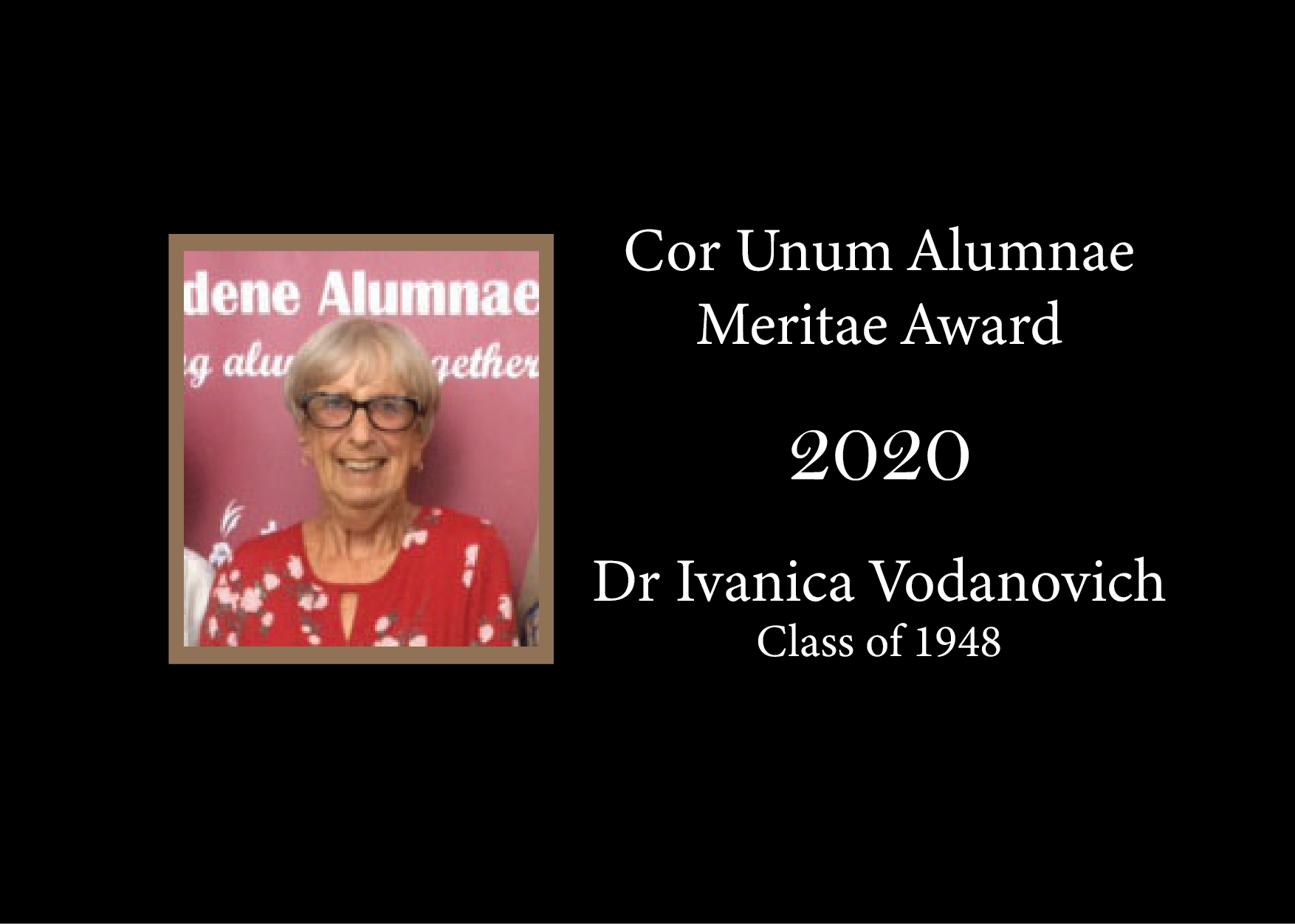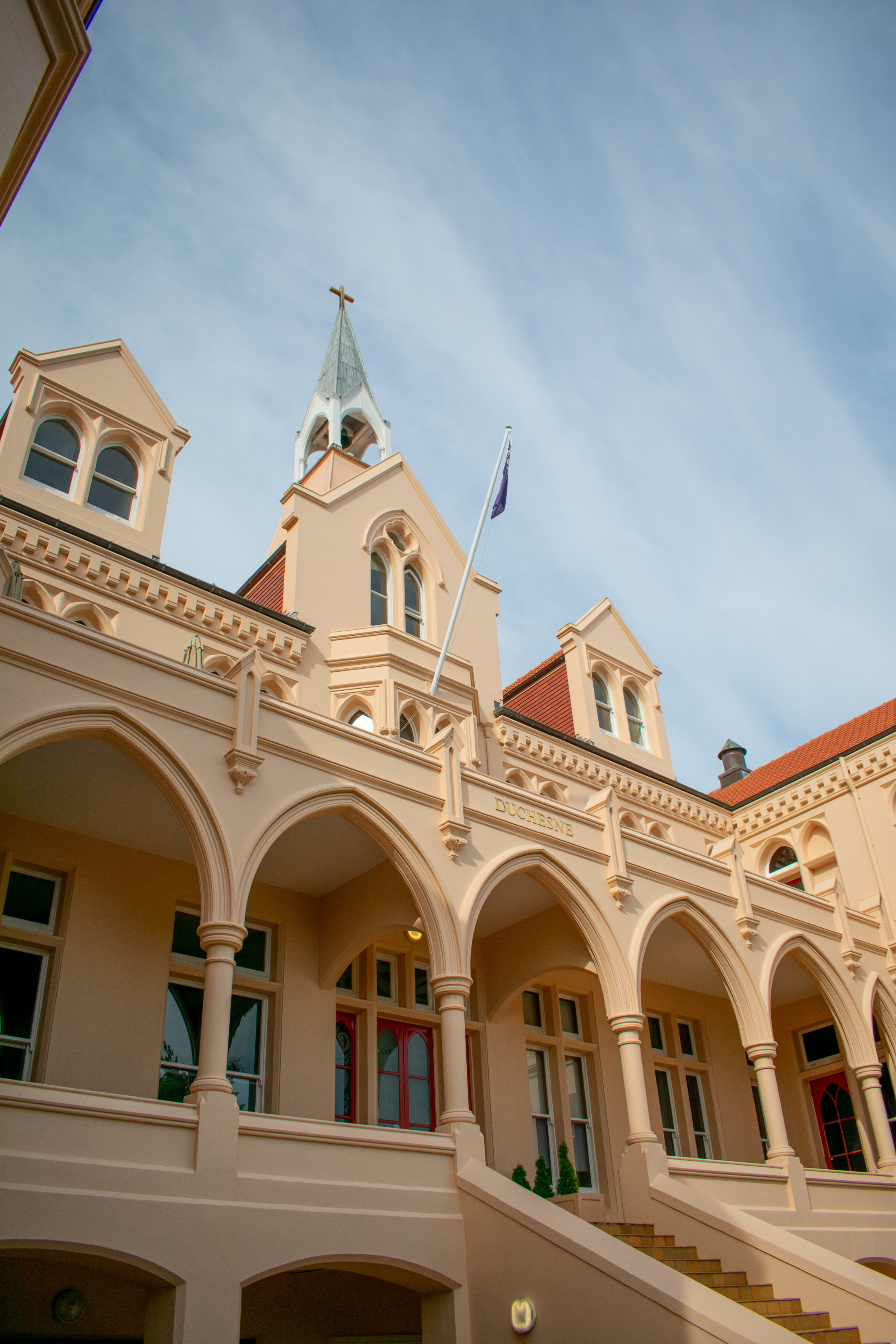Dr Ivanica Vodanovich

We were proud to welcome and hear from Dr Ivanica Vodanovich MNZM, the 2020 recipient of the Alumnae Cor Unum Meritae Award, at our event last year.
Ivanica's final year at Baradene was in 1948, and in reading and hearing the work and achievements she has attained since leaving school, it's clear Ivanica embodies the hope we have for all of our Baradene students and alumnae – to go out into the world and make their mark with a touch of the Sacred Heart.
Janet Erskine Stuart said,
"It is always the here and now, there is always the present moment to do the very best we can with, and the future depends on the way these moments are spent."
Ivanica is a consultant sociologist and has spent a lifetime studying human behaviour, interaction, and organisation. Her work has involved studying the way society develops and functions on both a large and small scale – from national government and cultural norms to local politics and family values. And accordingly, considering the essence of human social relationships, cultures, and institutions that profoundly shape our lives and human history.
For many years Ivanica was a senior lecturer and an Honorary Research Fellow at The University of Auckland’s Department of Sociology. She has sat on the management committee of the Centre for Peace Studies at the University and has been active in its human rights work.
Ivanica has also been involved in development projects, social impact studies, and social research in developing countries, including Pakistan, Yugoslavia, Niger, Tunisia, and Kiribati. She has worked with several United Nations and inter-governmental agencies, including FAO, OECD, and UNESCO. In 2003, Ivanica became a Member of the New Zealand Order of Merit for services to development studies. In 2004, she was appointed to the Human Rights Tribunal.
In her acceptance speech at the Alumnae Meritae High Tea, Ivanica congratulated Baradene on the way we are adapting our teaching programme to prepare students for the world they will enter when they leave school. She noted the changing nature and availability of work under the influence of technology and artificial intelligence; the problem, and the necessity, of recognising and reconciling diversity and equality in our multicultural world; the pervasive influence of social media; and the fragility of democracy as a system of government, which is dependent on an educated and involved citizenry. She explained that flexibility to adapt and an openness to continue acquiring new skills and knowledge is essential, as is critical thinking, particularly given the prevalence of “fake news” and the nature of modern social media.
In a UniNews article, Dr Terry O’Neill, Director of Student Equity at the University of Auckland, explained why Ivanica was such a well-respected teacher: “I did several Development Studies Masters papers at this University, and these were taught by Ivanica Vodanovich, a formidable intellect, and a remarkable teacher. She taught me many things which I still apply in my life, both personal and professional, years later. Social, cultural and economic development stuff which I used at the Human Rights Commission. She gave me a theoretical framework around interpreting the world which I still use.”
Ivanica has many family ties to Baradene. Her two sisters both attended, as did two nieces and one great-niece.

